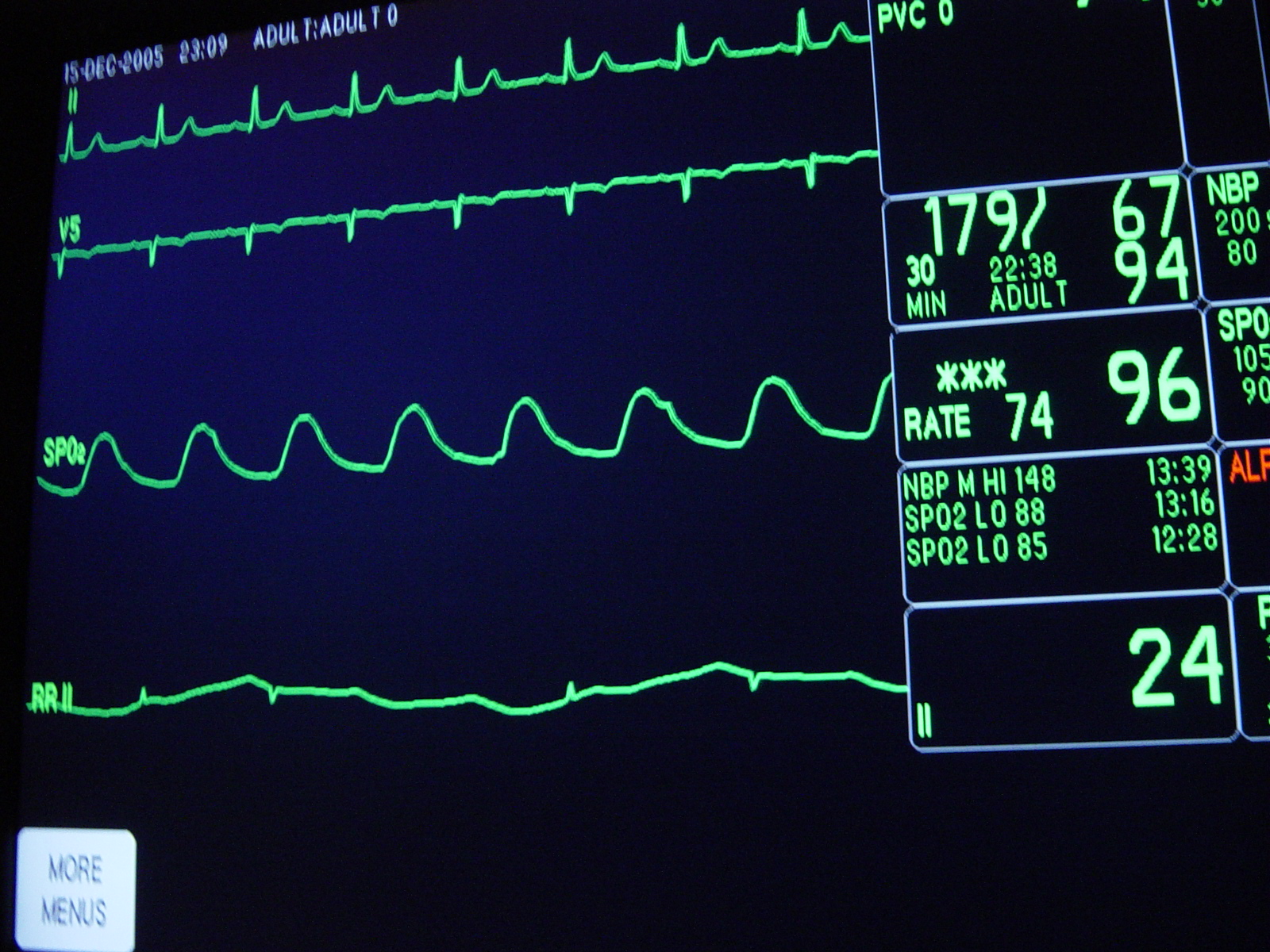A massive trans-Tasman study has revealed that the odds of surviving severe infections in hospital intensive care have almost doubled over the last decade.
 Sepsis, a severe consequence of of bacterial infections, is the biggest cause of death in critically ill patients. Now, a new study published in JAMA shows that treatment of sepsis in intensive care units has improved dramatically in Australia and New Zealand.
Sepsis, a severe consequence of of bacterial infections, is the biggest cause of death in critically ill patients. Now, a new study published in JAMA shows that treatment of sepsis in intensive care units has improved dramatically in Australia and New Zealand.
The authors of the study examined trends in mortality from more than 100,000 patients with severe sepsis or septic shock from 171 ICUs in Australia and New Zealand from 2000 to 2012.
They found that absolute mortality from severe sepsis decreased from 35.0 percent to 18.4 percent during this time period.
Speaking to AAP, study co-author Associate Professor David Pilcher, of the Australian and New Zealand Intensive Care Society, said, “This reflects overall good care.”
“It is partly due to the training of nurses and doctors, and good facilities. It is also due to the ability to provide 24-hour one-on-one nursing for every patient.”
The improvements are so good that patients in the two countries are more likely to survive than anywhere else in the world, he said.
The research has been widely covered in the media. Examples include:
Yahoo! NZ News: Dramatic boost for ICU infection survival
Stuff.co.nz: Intensive care infection survival rates boosted
3 News: Dramatic improvement for ICU infection survival
Radio New Zealand: Risk of sepsis death in ICU halved